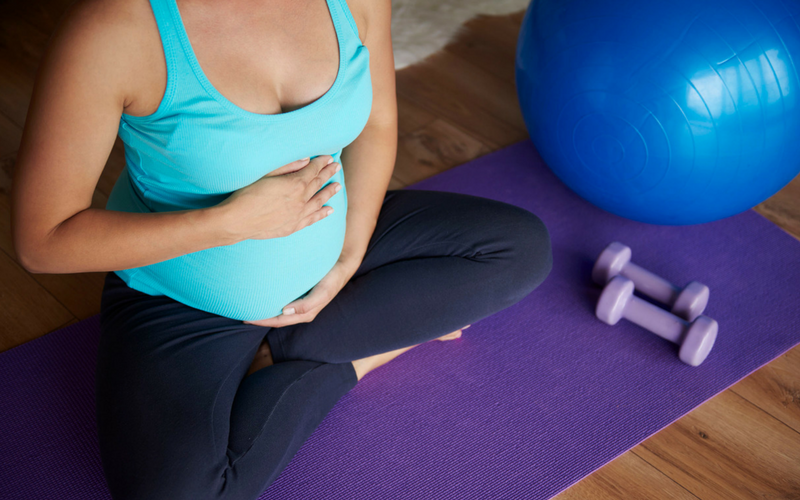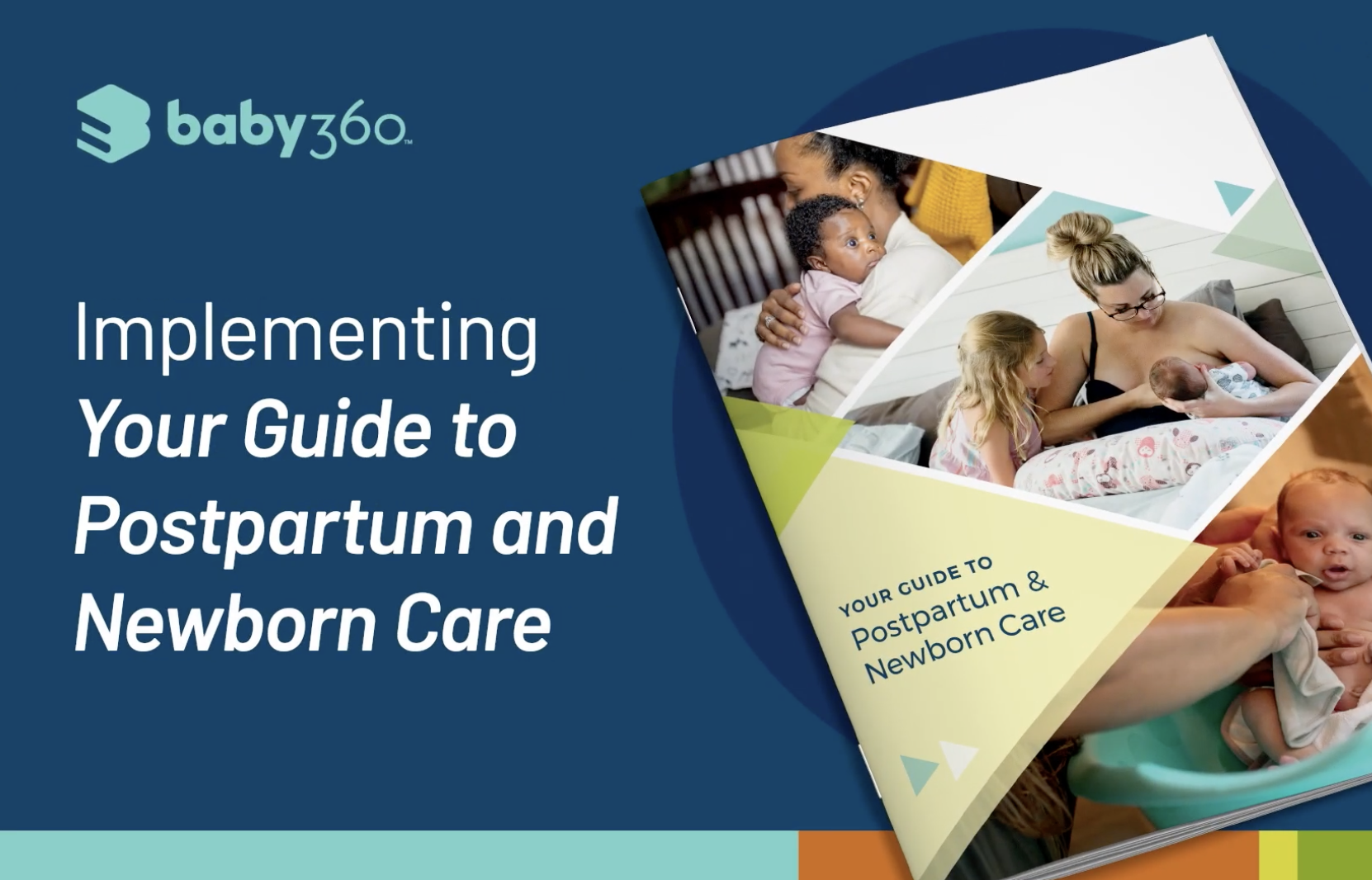For many people, January is a big month for starting fresh and making resolutions for the new year, especially ones involving diet and exercise. But pregnant women need to be careful about jumping on the bandwagon with everyone else.
While a healthy lifestyle is indeed vital during pregnancy, expectant mothers need to be armed with specific information about exercising and dieting while pregnant. Below are some tips you can share with the moms in your classes to help ensure they have healthy pregnancies but aren’t focused on weight loss.
Tips for a healthy diet during pregnancy
In addition to reminding moms that they shouldn’t go on a weight loss diet during pregnancy since they — and their growing babies — require the proper nutrients, you can also present these points as part of a class discussion on a healthy pregnancy diet. Pregnant women should:
- Eat a variety of foods to get the nutrients they need, being sure to consume more protein, folic acid, and iron.
- Drink plenty of water daily.
- Take a daily prenatal vitamin supplement to ensure consumption of the right amounts of vitamins and minerals; the vitamin should contain folic acid.
- Limit fish consumption to about 12 ounces (approximately two servings) per week.
- Pass on unsafe foods, such as soft cheese, raw seafood, and raw or undercooked meat and poultry.
- Avoid eating too many processed foods, packaged snacks and sweets, instead focusing on eating whole foods.
Guidelines for exercising during pregnancy
Maintaining a regular exercise regimen during pregnancy can help women stay healthy and feel their best, improving posture and relieving common pregnancy discomforts such as fatigue and back pain.
The guidelines below for exercising during pregnancy can be presented and expanded upon in your classes.
- Pregnant women should always check with their healthcare provider before starting, continuing or changing an exercise routine.
- Low-impact exercises, such as walking and swimming, are safe for most pregnant women but should be approved by their medical professional.
- Drink water before, during, and after exercising to avoid becoming dehydrated, which can increase the risk of overheating or even trigger contractions.
- A maternity bra that provides the proper support, athletic shoes that fit well, and loose, comfortable clothing, should be worn when exercising.
As always, your patients should also consult their healthcare provider about their needs, as every mom is different and some require specific diets, altered exercise routines or other unique restrictions.
In addition to incorporating the topics above into your classes, you can provide your patients with this website to use as a resource for more helpful tips on nutrition and exercise during pregnancy, as well as other pregnancy-related topics.



